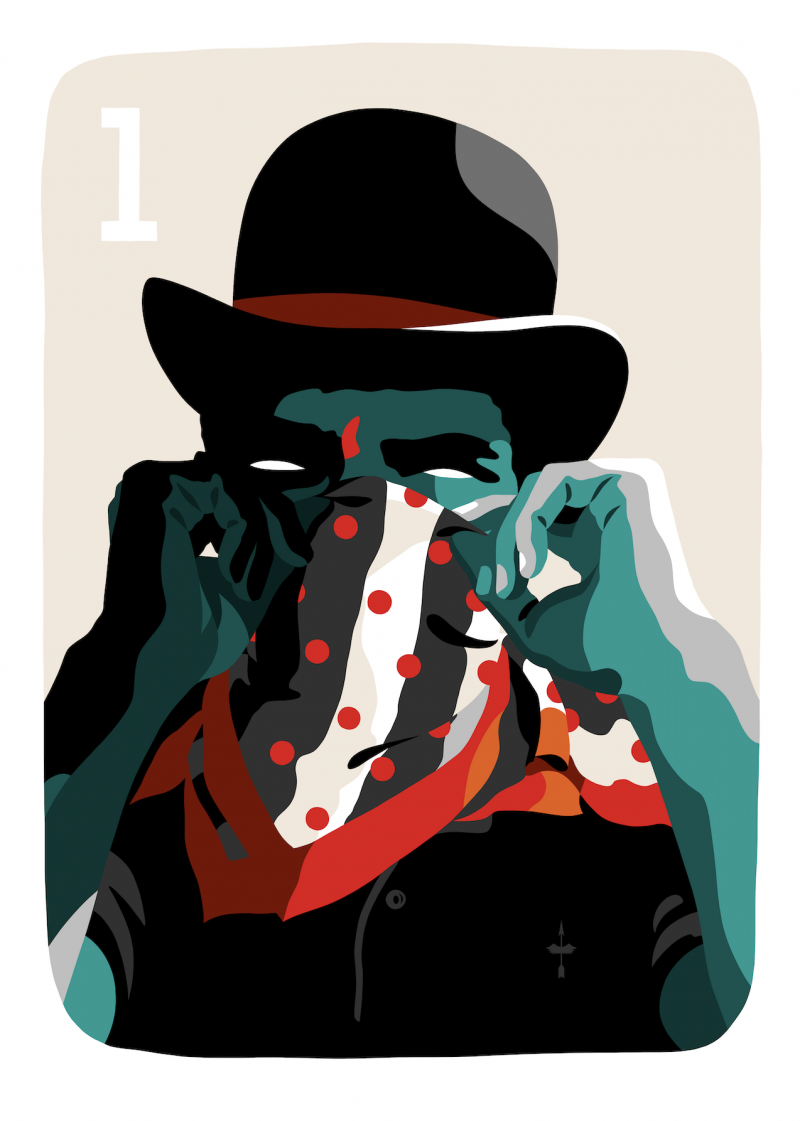Projects – Works in Progress
Econ-ish Work
Social Cooperation and Exclusion in Prisons
Abstract
Over 11.5 million people are incarcerated globally, with the French prison system facing acute challenges such as overcrowding, poor conditions, and high recidivism. While prisons are meant to punish, deter, rehabilitate, and incapacitate, their reliance on isolation may undermine the social and psychological conditions necessary for reintegration. Despite their importance, these behavioral and psychological dimensions remain underexplored.This thesis takes an interdisciplinary approach to examine how social exclusion and social identity affect cooperative behavior among incarcerated individuals. An original experiment was conducted in a French Maison Centrale, combining a public goods game, social inclusion priming, and qualitative interviews. The mixed 2×2 design includes a within-subjects manipulation of social identity (inmates play with in-group vs. out-group members) and a between-subjects priming task (inclusion vs. control). Semi-structured interviews followed to collect psychosocial data and to explore inmates’ experiences of exclusion, identity, and belonging.
The findings challenge the notion of a unified “criminal brotherhood,” as no significant ingroup bias was observed in cooperative behavior. However, social inclusion priming increased cooperation toward out-group members, suggesting that even minimal psychological interventions can foster prosociality toward the out-group. Exploratory analyses further highlight the negative impact of prolonged incarceration on trust and cooperation, aligning with emerging theories of institutionalized social exclusion.
Although constrained by sample size and the specificity of the setting, this research aims to provide novel insights into the psychosocial effects of incarceration. By illuminating the complex interplay between exclusion, identity, and cooperation, the thesis contributes to the broader goal of enhancing rehabilitation efforts.
Beyond Exclusion: Understanding the Complexities of Social Identity and Provision of Public Goods in Experimental Settings
Abstract
This research explores the impact of social exclusion and social identity on cooperation through a three-stage experimental design. In the early stages, participants established their group identity on the basis of their preferences for abstract paintings. The first experimental stage involved symmetrical and asymmetrical one- shot prisoner’s dilemma (PD) games, revealing that cooperation rates were higher in the asymmetrical PD, despite the unchanged Nash equilibrium favoring defection. The concept of the “veil of ignorance” could explain this increased cooperation, by promoting empathy between participants. The second experimental stage, a public goods game, showed that prior social exclusion led to lower contributions, but that strong group identification and internal locus of control mitigated this effect, leading to some increased contributions from the socially excluded individuals. These results highlight the complexity of social exclusion and the important roles of social identity and individual characteristics in cooperative behavior. They pave the way for future field experiments, which should investigate the interaction between these factors to inform policies promoting social cohesion and prosocial behavior.Not-So-Econ Work
Philosophical Foundations: Racial Realism, Black Male Studies, and the Dehumanization of Black Men
Abstract
This chapter examines the philosophical foundations of Black Male Studies, as developed by Tommy Curry, and its relevance to understanding the dehumanization and marginalization of Black men, particularly within carceral settings. Curry’s work emphasizes the unique vulnerabilities faced by Black men due to their historical and social exclusion from dominant gender and race theories. Critiquing mainstream feminist and racial frameworks, Curry highlights the brutal realities Black men endure, including systemic violence, poverty, sexual exploitation, and exclusion from socio-political structures. Building on racial realism, particularly as articulated by Derrick Bell, the chapter explores how Black men have been historically constructed as threats—physically, economically, and sexually—resulting in their heightened dehumanization in prison systems. Curry’s analysis of the sexualized fear and desire surrounding the Black male body, including the construction of the Black Male Rapist trope, offers a critical lens to understand the homoeroticization of Black male flesh and its violent consequences, such as assault and death.Frantz Fanon’s foundational concepts, including the phobogenic object and the psychological effects of colonization, complement Curry’s work by exploring how colonial frameworks perpetuate the fear and alienation of Black male bodies. These insights illuminate the intersection of racialized masculinity, systemic oppression, and the carceral environment, where Black men’s identities are shaped by simultaneous fear and desire.
Norman Ajari’s contributions further enrich the chapter’s analysis by addressing the existential dimensions of Black male suffering. Ajari’s exploration of the “racial unconscious” within Western philosophy situates Black men in an existential liminality between life and death, highlighting how dehumanization transcends physical violence to affect their very being. His reflections on Black radical pessimism, particularly as developed in Noirceur (2022), reveal how the carceral system perpetuates historical anti-Blackness, reinforcing the conditions that render Black men perpetual outsiders.
Together, the works of Curry, Fanon, and Ajari provide a comprehensive philosophical framework for understanding the structural, psychological, and existential dimensions of Black male dehumanization. This chapter situates these critical perspectives within carceral systems, offering a nuanced analysis of the profound challenges faced by Black male prisoners under systemic oppression.
